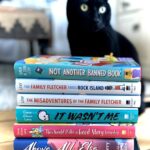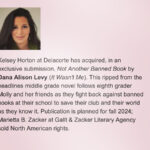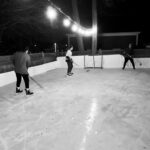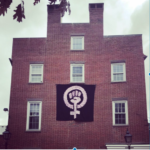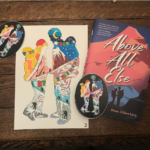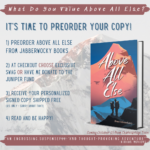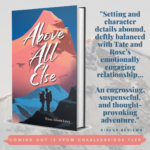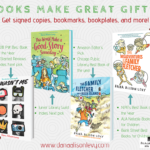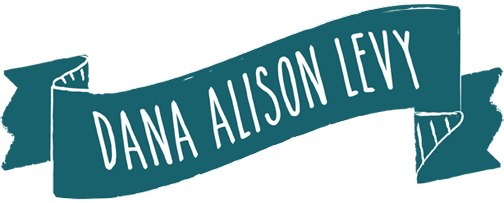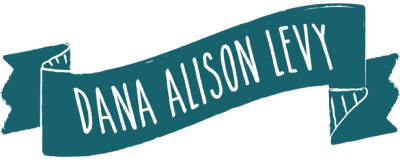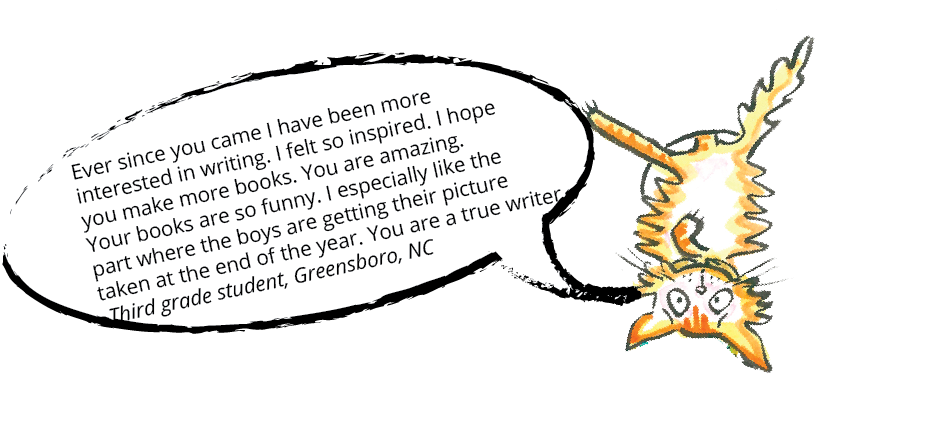What do you charge?
Please contact me for my 2024-2025 rates, as I have changed my model to include all travel costs, with discounts for local school visits and Title I schools. This includes three 45-60 minute presentations, plus lunch with the kids (which can be a reward to a small group of kids, or the whole grade, or whatever the school prefers). I do not charge travel for anywhere within an hour’s drive of my home in northeastern Massachusetts. When scheduling allows, I am happy to do a free twenty minute Skype visit with a class that’s reading my book.
NOTE: I do offer limited virtual visits. Please email me dana@danaalisonlevy.com for more information.
What do we need to do beforehand?
Read my books! No really, even if you only read a few chapters, even if you do it as a read-aloud in class, try to get the kids to read. It is far more fun for them and for me. Also, have older students do a scavenger hunt (that I will send to you beforehand) on my website. It will be entertaining for them and help get them excited for the visit. Other ideas might be to have kids write letters to their favorite character, draw an alternate cover, or write book reviews. For some ideas about what makes a great school visit, check out these links: http://www.fromthemixedupfiles.com/2010/11/the-care-and-feeding-of-your-visiting-author-tips-for-a-successful-classroom-visit/ and http://nerdybookclub.wordpress.com/2014/08/05/ten-tips-for-a-perfect-author-visit-by-michael-shoulders/
What equipment do you need?
For a large auditorium I will need a microphone, and for all presentations I will need a screen and a way to connect my computer to it. Like the cautious sort that wears a belt and suspenders, I will try and have all possible cords and cables with me, but if it’s possible for the school to be prepared for a Mac Airbook that’s even better. For workshops, kids should have notebook paper and pencils.
What about ordering books?
Ah yes. Books. First of all, I understand that not every kid can afford a new book, and it is never okay to make those kids feel bad. I will always bring bookmarks, stickers, or other swag that all kids can take home with them. And of course I will sign books, bookmarks, and whatever else is offered.* But I do want to offer a chance for kids to get autographed books, and there are two ways to do this:
You can work directly with either your local independent bookstore or Barnes & Noble. Either type of store should be well versed in either coming to the school and selling books the day of or setting up a system for the kids to buy in advance.
OR, the school can work directly with Random House to buy the books. You would call customer service at 1-800-733-3000 and let the customer rep know I am coming to the school. Doing this you should receive a 40% discount and can return whatever you don’t sell. If going this route please plan on ordering at least one month before the visit, and please keep preordered books onsite until my visit. Nothing is more tragic than the kid who left her book at home and can’t get it signed. (Okay, that was hyperbole. Lots of things are more tragic than that, like discovering someone has put away an empty ice cream container in the freezer. That’s like…Shakespearian tragic).
*Restrictions do apply. I will not sign anything alive and/or slimy.
What else do you need?
I will need at least 15 minutes between presentations to gulp water, go to the bathroom, and sneak candy before the next class. Also, I will need lunch, but I’d love to eat with the students — either a select group (selected by lottery or prize) or a class, or whatever suits.

